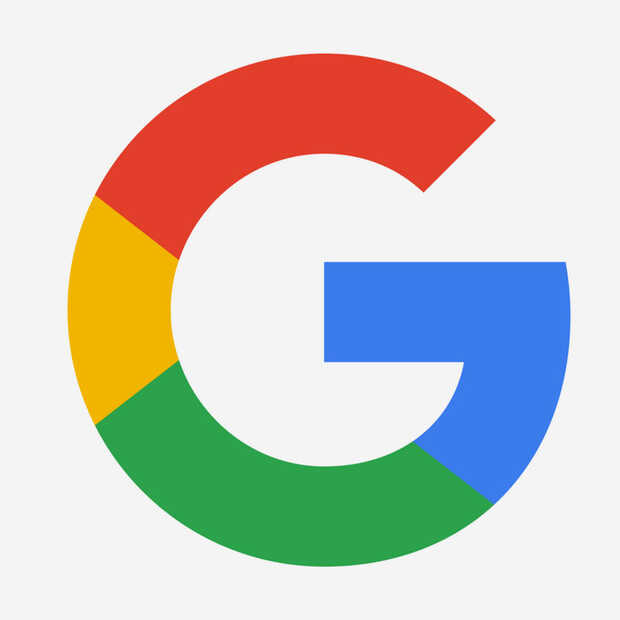Google Search on, search with AI and search songs by humming

Google is improving Google search results every day in many thousands of ways. The starting point is always to offer the user the best results. And that cannot be explained in a few words due to the complexity of the Google algorithm. These adjustments are sometimes a nightmare for websites that are particularly focused on their position in the search results. And every adjustment causes a change in that position and therefore also different results for the user. But the search engine continues to advance and is now also able to deal better with searches in ‘ normal human language ‘.
Google Search On
Yesterday evening, Google told during a YouTube live session (see below) how the search engine with the most advanced artificial intelligence wants to continue the above mission to organize and make all information in the world accessible. Below you will find an overview of the most important announcements.
Search with BERT
Last year, Google introduced BERT , a language understanding system that helps deliver more relevant search results in Google Search. Today, Google announced that BERT is now used for almost every English-language search. Many searches in other languages, including Dutch, also use BERT to provide better results when questions are asked.
Google is also announcing improvements in search engine ranking (ranking), powered by the latest AI research. For example, Google Search can now better deal with spelling errors, specific passages on web pages and sub-topics around particular areas of interest – offering more diverse content when you perform a broad search. This update will be available for English language searches by the end of the year.
Search for video clips (also in Dutch)
Thanks to a new AI approach, Google Search is better able to understand the content of videos and automatically recognize relevant moments. Those kinds of moments can then be immediately displayed as a search result. Whether you’re looking for a specific step in a cooking video or a goal in a soccer game, you’ll find moments like this in videos more easily. Google is testing this technology this year and expects about 10% of searches to use this technology by the end of 2020.
Looking for music; sing whistle or hum your query
We’ve all had a song that gets stuck in your head, annoying and especially if you don’t remember the lyrics. Google has found a solution for that: hum to search . Sing, whistle or hum a song on your Android device or iPhone and the AI systems can find the right song based on the melody. Hum to search currently also recognizes Dutch songs, but for the time being only on Android. The option for iOS (Apple) will follow later.
More focus on COVID-19 safety information during the pandemic
Google is making several new improvements by keeping everyone as safe as possible during the current pandemic. Live crowds updates show you how busy a place is right now, making it easier to keep five feet away. Also, a new feature has been added to Live View to help you get vital information about a business before entering. Google is also adding COVID-19 safety information to business profiles on Google Search and Google Maps. This way you know whether you need to book in advance and what extra security measures the staff takes.
More attention to statistics
Sometimes the best search result is a statistic. But often statistics are buried in large data sets and not easily understood or accessible online. Now if you ask a question like ‘how many people work in Chicago’, we use natural language processing to find the answer in a specific set of the billions of data points in Data Commons.
The result is a statistic in a visual, easy to understand format. You will also find other relevant data points and context, such as statistics for other cities, so that you can explore the topic more deeply. This feature is made possible through our work on the Data Commons project , an open knowledge database with statistics that started in 2018.

